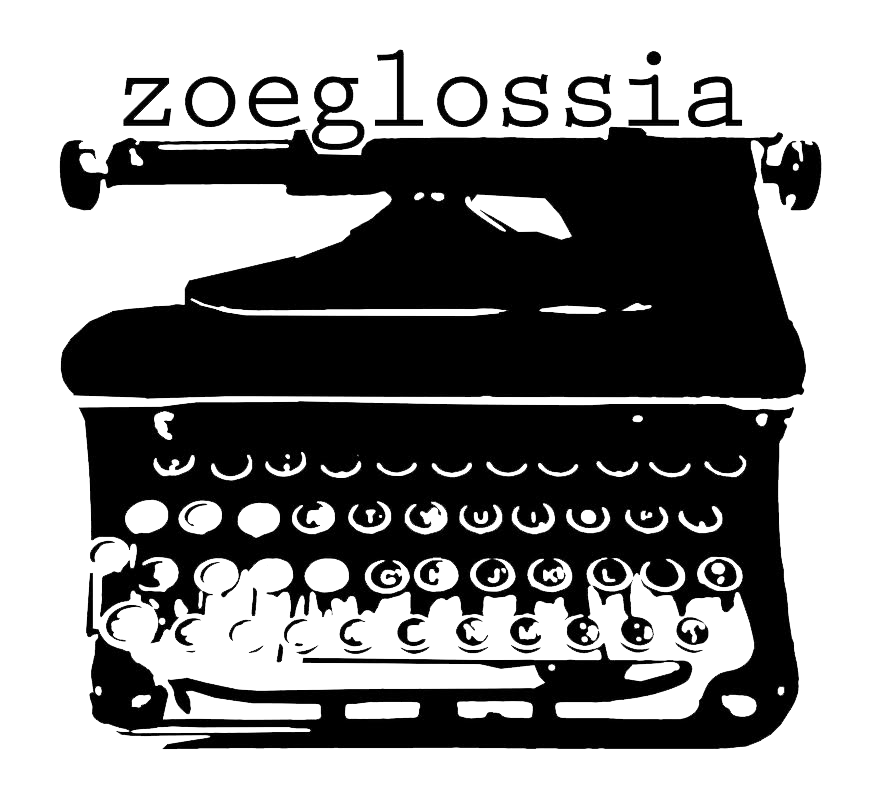January 2022
Zoeglossia Poem of the Week Series: Poetry & Mental Health Difference
Curated by Stephanie Heit
Welcome to a new year and January’s Zoeglossia Poem of the Week. This month features poets that identify around mental health difference, madness, mental illness, or however each individual prefers to call their lived experience. I’m delighted to guest curate these offerings; I identify as bipolar and as a survivor of shock treatments and multiple psych hospitalizations. I’m eager for you to read the poetry of Nazifa Islam (Jan. 10), Roxanna Bennett (Jan. 17), and Airea D. Matthews (Jan. 24). These poets’ work scratches, slurs, and wrecks its way into the multisyllabic heartbeat of what it means to live with madness’ unpredictable pulse.
Each week we’ll have a new poem to experience, with access options of reading it online as well as listening to the author’s audio version. I encourage you to tune into your breath and pay attention to your sensations as you witness this work; some of the material may be charged or activating. I hope you will engage with these pieces and take your time. I’m grateful this poetry lives in the world as part of a growing and diverse mad canon. I’m also incredibly grateful that all of these authors are alive. Mental health difference, for many of us, can come with a blurry tightrope stumble between life and death.
I asked each poet to respond to the question: How does mental health difference (or whatever nomenclature you prefer) inform your creative process? The answers here give a glimpse into the range and uniqueness of experiences around mental health. There are so many possibilities in how to relate to and articulate different ways of being. And this relationship can be fluid, changeable, and involve other people – kin, support/survivor networks, community.
Stephanie Heit: Mental health difference is a creative practice for me, integral to who I am, how I move through the world, what I notice, and to what intensity. Years ago, I started thinking about bipolar as its own discipline, alongside poetry and dance. Indeed, it is something I know intimately and have trained in for the majority of my life. It demands that I pay attention, notice shifts, alter my lifestyle and pace based on the current constraints (and liberations) of bipolar energies. This attunement means that my art practice doesn’t stay the same and often has an uncertain production schedule.
Nazifa Islam: I attempt to dissect, examine, and explore the bipolar experience through my writing. My poems are heavily influenced by the work of literary titans who’ve come before me—Virginia Woolf, Sylvia Plath, Edgar Allan Poe, Fyodor Dostoevsky—and I draw heavily on their successful meditations on mental illness and the existential to create my own ruminations on these subjects. Bipolar disorder is the lens through which I experience the world. The disorder makes its mark on every experience I have so it inevitably tinges every poem I’m able to compose.
Roxanna Bennett: How madness acts as an impediment to the creative process is probably easier to discuss; losing weeks, months, years to the ravages of illness, to medications & side effects, treatments & waiting for treatments, being unable to participate in or navigate situations like schools, workshops, readings, lectures, seminars, conventions, symposiums & other social spaces & finding the internet too overwhelming to manage have all been obstacles for me in creating & disseminating work. It’s challenging to create poems & try to submit them for publication when you want to die.
Airea D. Matthews: I mostly just consider myself a person having a human experience and, for me, that experience includes mental health struggles. I want to challenge the idea that mental health struggles have one particular face; they don't. People who suffer or have suffered, suffer uniquely and often invisibly. I want my work to challenge notions about mental health and trouble static depictions, stereotypes and essentializing assumptions. What is most at stake in my work is visibility, resisting monoliths, invention, and forwarding fuller and nuanced identities by embracing all of my reality and possibility.
I invite you to ask yourself a similar question: How does who you are and your multiple identities shape your engagement with the world? My hope is that this month of poems around mental health difference creates more connection, awareness, support, and possibility. I also hope some of you choose to check out more work by these authors, online or by reading their poetry collections, which I highly recommend. Wishing you and yours a new year filled with health, creativity, and kindness.
